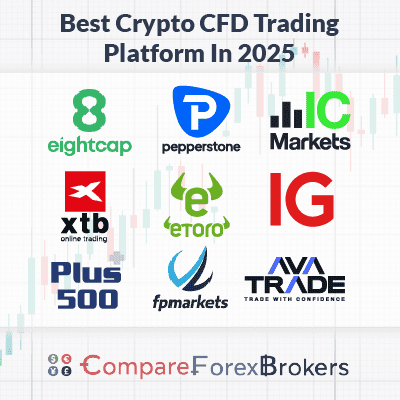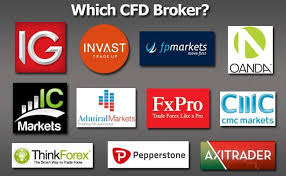Best CFD Trading Regulations Your Guide to Safe Trading

The Best CFD Trading Regulations You Need to Know
In the world of online trading, regulations play a crucial role in ensuring that traders are protected and operate in a fair environment. Whether you are a seasoned trader or a beginner, understanding the best cfd trading regulations bestbrokercfd.com is essential for your success. The regulatory landscape for Contracts for Difference (CFDs) varies by country and can significantly influence your trading experience. In this article, we will explore the best regulations governing CFD trading, the agencies behind them, and how they enhance trader safety.
What are CFDs?
Contracts for Difference (CFDs) are financial derivatives that allow traders to speculate on the price movements of various assets without owning the underlying asset itself. This means you can trade on the price fluctuations of stocks, commodities, indices, and forex without actually buying the asset. CFDs have become popular due to their accessibility and the potential for high leverage, which can amplify profits. However, this also comes with increased risk, making robust regulations essential.
Importance of CFD Regulations

CFD regulations are designed to protect traders from market manipulation, fraud, and unethical practices by brokers. Regulatory bodies enforce rules that require brokers to maintain transparency, segregate client funds, provide sufficient risk disclosures, and adhere to ethical trading practices. These regulations help to ensure a level playing field in the trading environment, fostering trust and safety.
Key Regulatory Bodies
Different countries have their own regulatory bodies that oversee CFD trading. Here are some of the key organizations:
- Financial Conduct Authority (FCA) – United Kingdom: The FCA is one of the most respected financial regulators globally. Brokers licensed by the FCA adhere to strict capital requirements, and client funds are kept in segregated accounts. The FCA also offers a compensation scheme for clients in case of broker insolvency.
- Australian Securities and Investments Commission (ASIC) – Australia: ASIC is known for its stringent regulations. Australian brokers must have adequate financial backing and ensure client funds are safeguarded. ASIC also enforces rules to ensure that advertising and promotions are clear and not misleading.
- European Securities and Markets Authority (ESMA) – European Union: The ESMA oversees the financial markets in the EU. It has imposed limits on leverage for retail traders and mandates brokers to provide negative balance protection. These measures aim to protect traders from significant losses.
- Cyprus Securities and Exchange Commission (CySEC) – Cyprus: Cyprus is home to many CFD brokers due to its favorable regulatory environment. CySEC regulates brokers while ensuring they comply with EU laws. Brokers under CySEC must adhere to strict operational standards, which include capital requirements and the segregation of client funds.
- Financial Services Authority (FSA) – Seychelles: The FSA is less stringent compared to the FCA or ASIC but offers flexibility that attracts many brokers. While trading with FSA-licensed brokers is possible, traders should be aware of the potential risks due to the lack of robust investor protections.
Best Practices for Choosing a Regulated CFD Broker

When selecting a CFD broker, it is essential to ensure that they are regulated by a reputable authority. Here are some practices to follow:
- Check for Regulation: Always verify if a broker is licensed by a top-tier regulatory body. Visit the regulator’s website for a list of licensed firms.
- Review Client Fund Protection: Ensure that the broker has systems in place to segregate client funds from operational funds. This helps protect your investments in case of broker insolvency.
- Evaluate Transparency: Look for brokers that provide clear information about their trading conditions, fees, and policies. Avoid brokers with hidden charges or unclear terms.
- Research User Reviews: Explore online forums and review sites to gather information about the broker’s reputation. Feedback from other traders can provide insights into the broker’s reliability and service quality.
- Understand Leverage Limits: Check the leverage offered by the broker and ensure it complies with regulatory limits in your region. High leverage can increase risks significantly, particularly for beginners.
Conclusion
Understanding the best CFD trading regulations is vital for any trader wishing to navigate the complex world of online trading safely. Regulatory bodies implement rules to protect traders and promote transparency in the market. Brokering services provided by regulated firms offer a higher level of security and confidence. As you embark on your CFD trading journey, ensure that you choose a reputable broker and stay informed about the evolving regulatory landscape.
In summary, while trading CFDs can be lucrative, it is essential to prioritize safety by adhering to regulations. Conduct thorough research, choose wisely, and embark on a rewarding trading experience.

دیدگاه خود را ثبت کنید